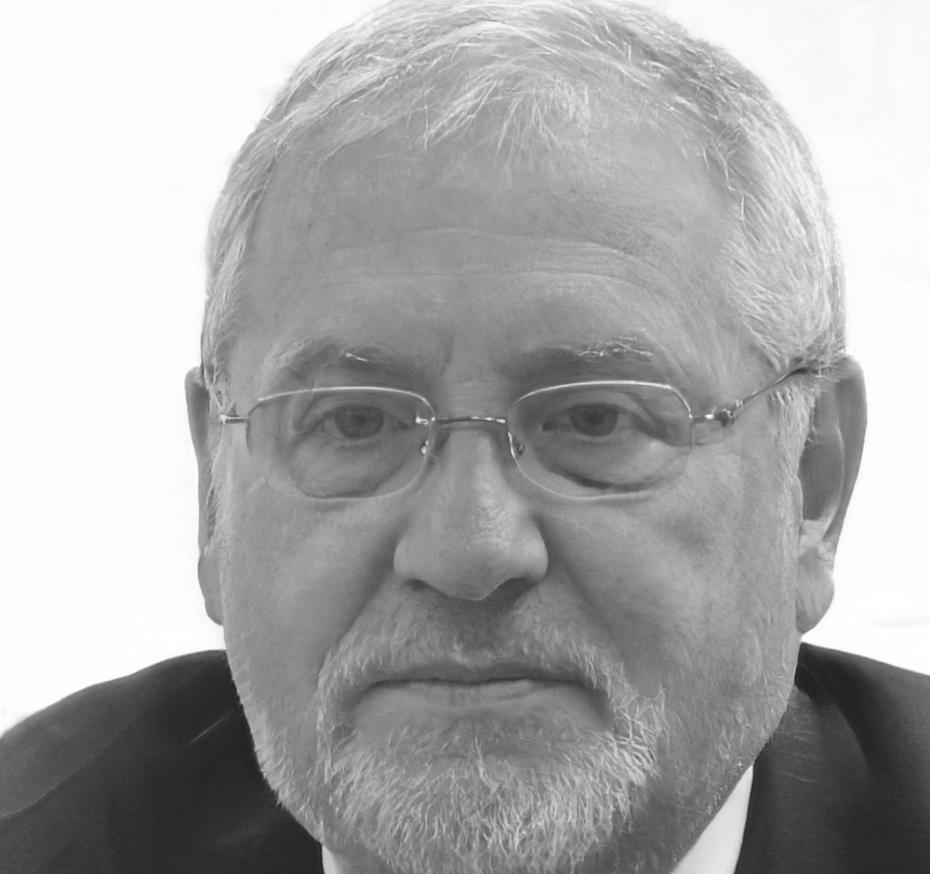Building Tomorrow's Truth-Seekers
We believe journalism isn't just about reporting news—it's about fostering understanding, accountability, and genuine connection between communities and the stories that shape their world.
What Drives Us Forward
Our approach to journalism education centers on three fundamental principles that have guided newsrooms for generations. We don't just teach techniques—we cultivate mindsets that serve both storytellers and their audiences.
Curiosity Without Compromise
Great journalism starts with asking better questions. We encourage learners to dig deeper than surface-level reporting, developing the analytical skills that separate meaningful stories from mere information. This means learning to spot patterns others miss, understanding context that isn't immediately obvious, and approaching every source with both respect and healthy skepticism.
Community Connection
The best reporters understand their role as bridge-builders between different perspectives within their communities. We focus on developing empathy alongside objectivity, teaching students how to represent voices that might otherwise go unheard. This includes understanding cultural sensitivities, economic realities, and the human impact behind policy decisions and breaking news.
Ethical Decision-Making
Every day, journalists face choices about what to publish, how to frame stories, and which sources to trust. We help students develop the moral compass and practical frameworks needed for these decisions. This includes understanding privacy boundaries, weighing public interest against potential harm, and maintaining integrity even when facing pressure from external sources.
How We Actually Work
Instead of lecture halls filled with passive listeners, our learning environment emphasizes collaborative investigation and peer review. Students work on real stories affecting their communities, with experienced mentors providing guidance rather than answers.
We've found that the most effective journalism education happens when students engage with actual newsroom challenges—tight deadlines, conflicting sources, and the constant balance between speed and accuracy that defines modern media work.

Rahul Krishnamurthy
Lead Instructor
"The most rewarding part isn't teaching techniques—it's watching students develop their own voice and perspective. When they start asking questions I haven't thought of, that's when real learning happens."
